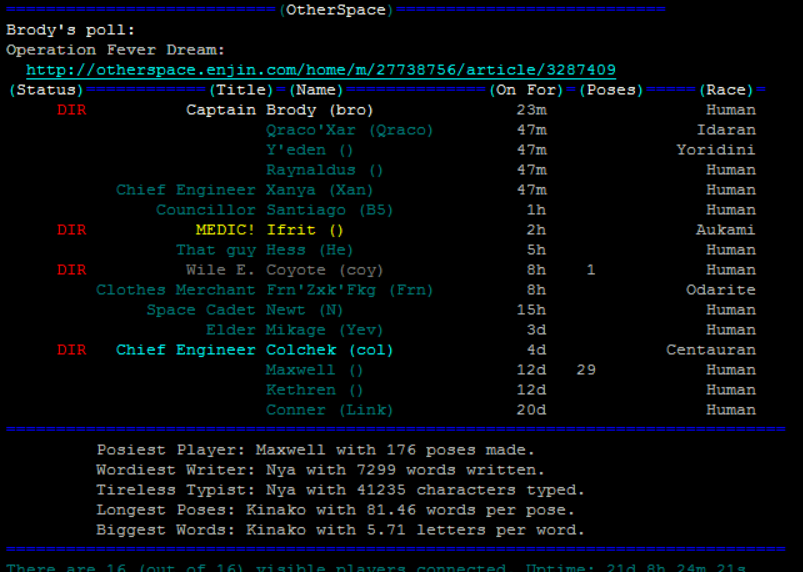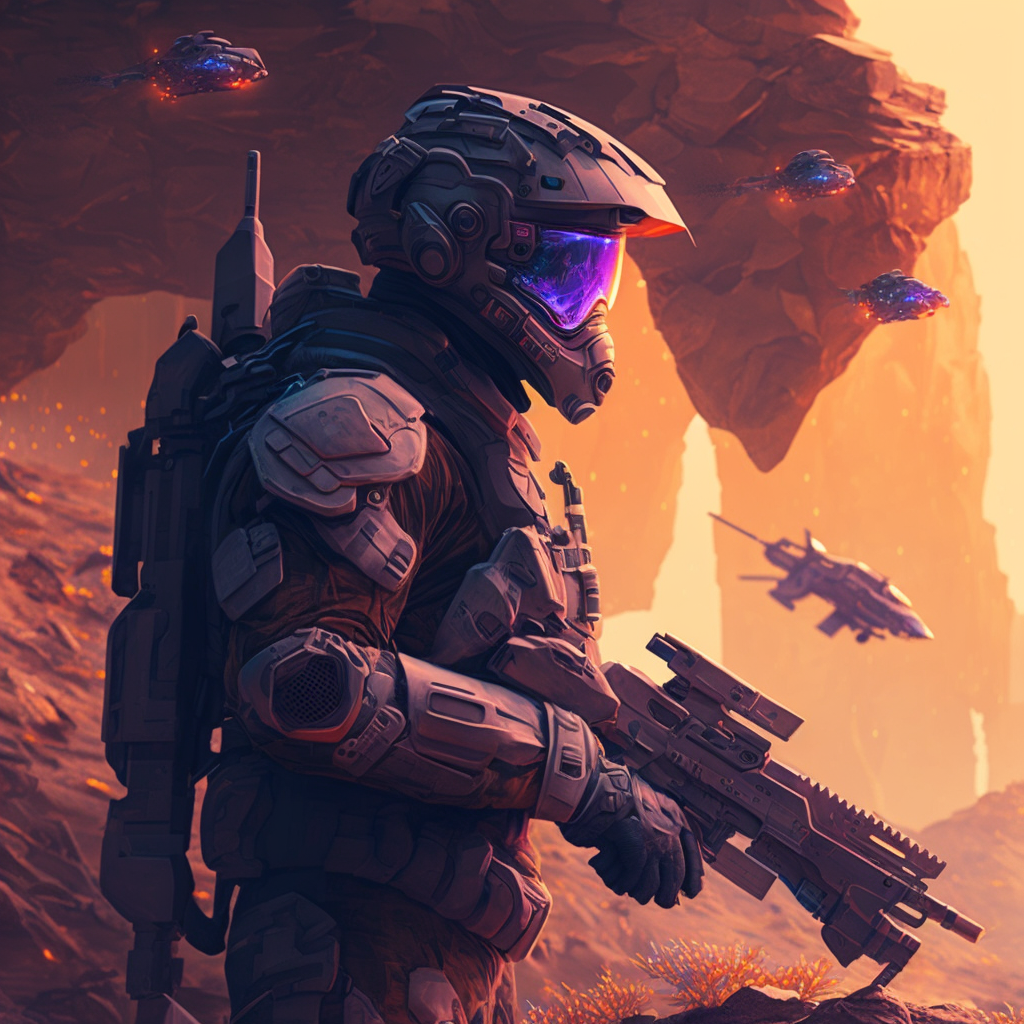
- The vastness of the universe: There are estimated to be billions of galaxies in the observable universe, each containing billions of stars. Given the sheer number of potential habitable planets, it seems statistically likely that there are other forms of intelligent life out there.
- The existence of extraterrestrial microbial life: Scientists have found evidence of microbial life on other planets and moons in our own solar system, such as Mars and Europa. If microbial life can exist in such harsh conditions, it suggests that more complex forms of life, including intelligent life, could also exist in more hospitable environments.
- The discovery of exoplanets: In recent years, astronomers have discovered thousands of exoplanets, some of which are in the habitable zone of their star, where conditions are conducive to life. While we have yet to discover a truly Earth-like exoplanet, the fact that there are so many potentially habitable planets increases the likelihood that some of them could host intelligent life.
- The diversity of life on Earth: Life on Earth has proven to be incredibly diverse and adaptable, with organisms thriving in extreme environments such as deep-sea hydrothermal vents, acidic hot springs, and frozen tundras. If life can evolve to survive in such diverse conditions on our own planet, it stands to reason that intelligent life could also exist in a wide range of environments elsewhere in the universe.
- The possibility of technological civilizations: As humans continue to advance technologically, we are able to search for signs of other civilizations beyond our own planet. For example, the Search for Extraterrestrial Intelligence (SETI) project uses radio telescopes to scan the skies for signals from other civilizations. While we have yet to detect any clear signs of intelligent life, the fact that we are able to search for it suggests that the possibility exists.



